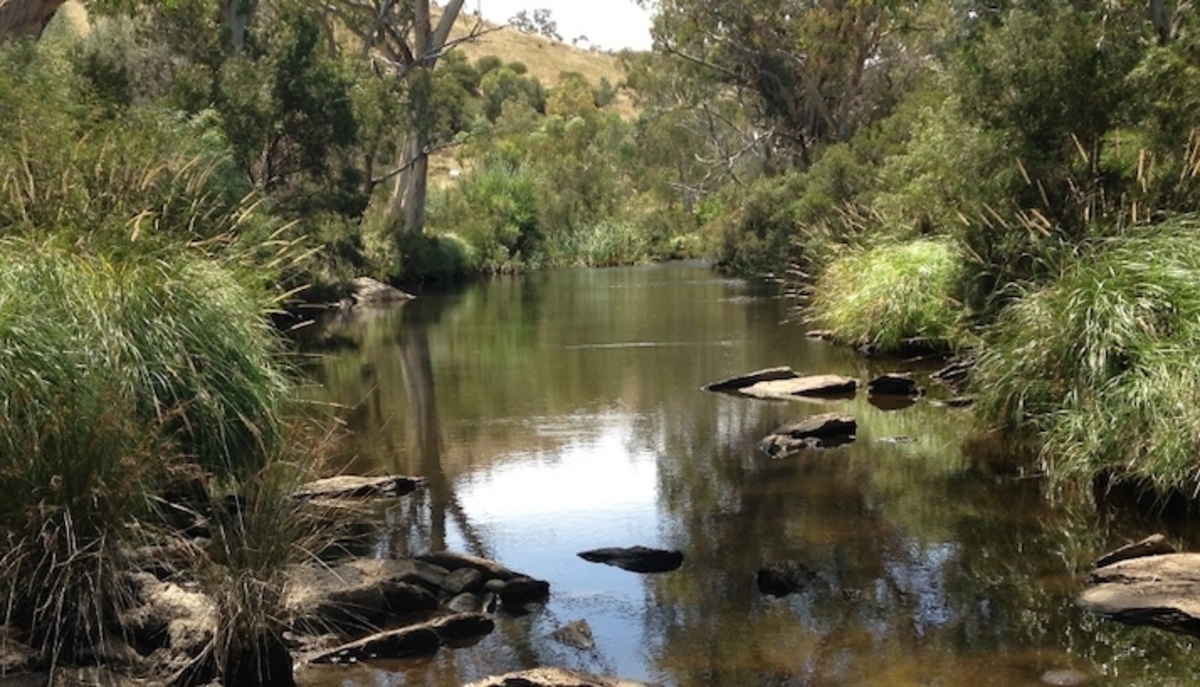Onkaparinga officially named a tree city
Julia Beckett
12 June 2025, 8:30 PM

City of Onkaparinga has been recognised as a Tree City of the World by the Arbor Day Foundation and Food and Agriculture Organisation (FAO), one of 210 internationally.
It becomes one of 11 Australian cities honoured by the title, five of which are in South Australia.
The international Tree Cities of the World program recognises cities and towns that leverage urban forestry to enhance the liveability and sustainability of their local area.
It is jointly operated by FAO, a specialised agency of the United Nations, and the US Arbor Day Foundation and aligns with FAO’s Green Cities initiative, which is designed to strengthen green infrastructure in urban and rural communities.
“Tree Cities of the World is more than a recognition program. It’s a rapidly growing global movement, transforming how communities view and value their urban forest,” says Sophie Plitt, program manager at the Arbor Day Foundation.
“It goes beyond borders, connecting passionate organisers and tireless tree planters, and uniting them under the shared mission of making our world’s communities healthier places to live.”
To earn Tree Cities of the World recognition, a city must uphold five core standards: establish responsibility for the care of trees; enact a law or policy that governs the management of trees and forests; maintain an updated assessment of local tree resources; allocate resources for a tree management plan; and hold an annual celebration of trees to educate local residents.
In its newsletter Onkaparinga Now, the City of Onkaparinga says its recent development of a Tree Management Policy to help grow, establish, maintain and protect the hundreds-of-thousands of trees under the council’s care and control helped boost its application for the program.
Setting up the One Tree Per Child Onkaparinga community program and tree giveaway events to encourage planting native species on private land also helped.
“These initiatives were complemented by the council’s canopy mapping across the city, and achieving 63,000 trees planted towards our target of 100,000 trees in street verges, waterways and parks by 2037.
“The council needs to uphold strict standards to maintain its accreditation, and any improvements to the region’s urban forest means Onkaparinga’s people, places and wildlife are better off.
“There are a range of benefits to being part of the program on top of the international recognition, including being able to tap into the Tree Cities of the World global network – sharing and adapting best practices for managing urban trees and forests.”
Find out more about Tree Cities of the World on the website.